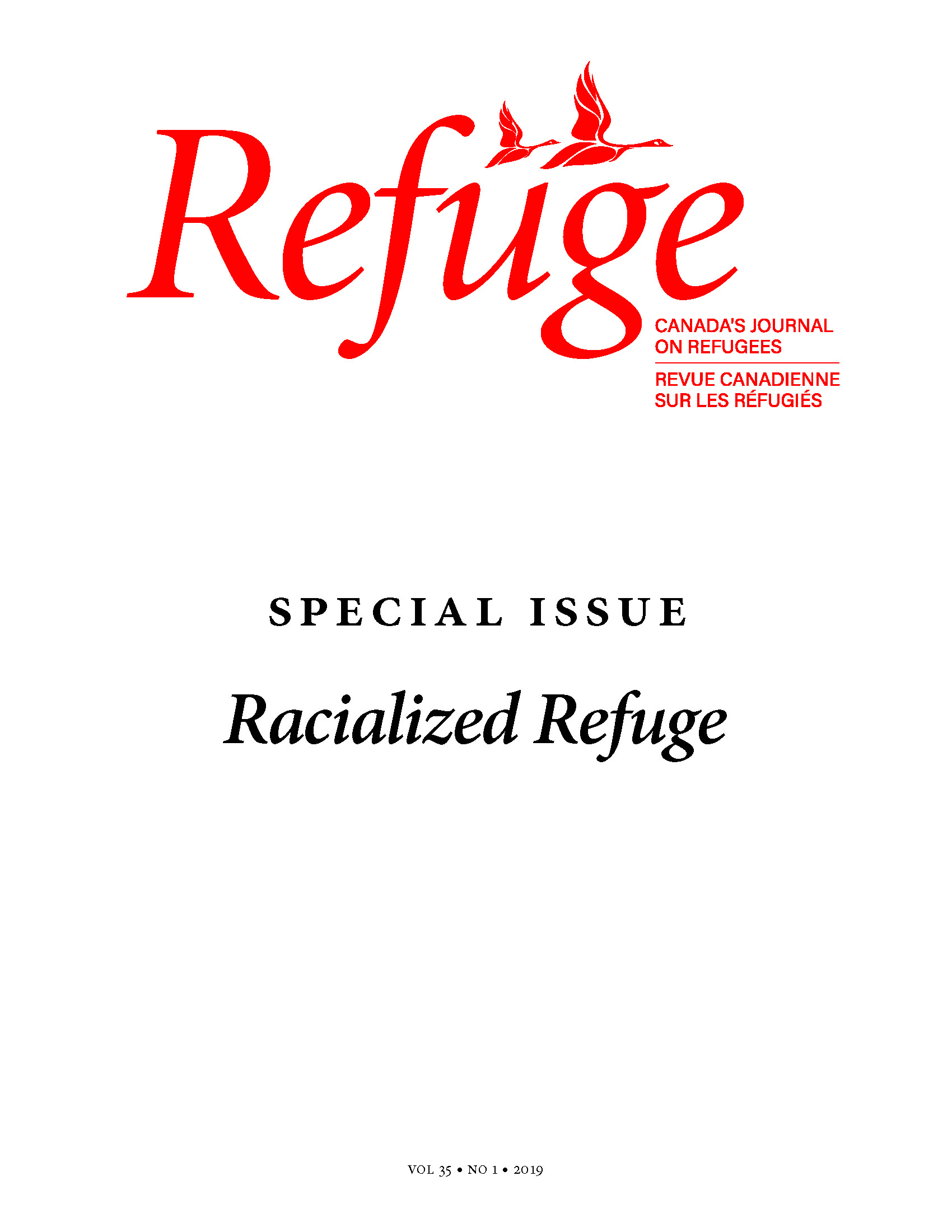A Double Punishment: The Context of Post-Secondary Access for Racialized Precarious Status Migrant Students in Toronto, Canada
DOI:
https://doi.org/10.7202/1060676arKeywords:
Canada, race, racialization, exclusion, migrant youth, immigration status, university access programs, bridging programAbstract
This article examines how the immigration and schooling systems in Canada intersect to deny access to migrant youth with precarious status throughout educational trajectories. While there are access policies at the primary and secondary school level, barriers increase in post-secondary education. We argue that such students transitioning to university experience a “double punishment” through racialized exclusion in the education and immigration systems. Our research draws from semi-structured interviews with migrant youth and our experience organizing an access program at York University that targets precarious status students for inclusion. We propose that Canadian universities and policymakers learn from such access programs to increase equitable inclusion at other institutions.
Metrics
Downloads
Published
How to Cite
Issue
Section
License
Copyright (c) 2019 Paloma E. Villegas, Tanya Aberman

This work is licensed under a Creative Commons Attribution-NonCommercial 4.0 International License.
Refuge authors retain the copyright over their work, and license it to the general public under the Creative Commons Attribution-Non Commercial License International (CC BY-NC 4.0). This license allows for non-commercial use, reproduction and adaption of the material in any medium or format, with proper attribution. For general information on Creative Commons licences, visit the Creative Commons site. For the CC BY-NC 4.0 license, review the human readable summary.







